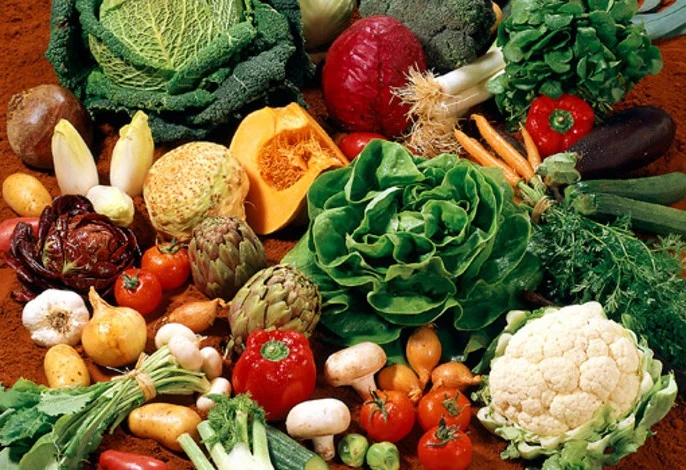
Mahkatop — Vegetables are a source of food containing various nutrients beneficial for health. Some people even adopt vegan and vegetarian lifestyles that focus solely on consuming vegetables for health purposes. Vegetables are rich in vitamins, minerals, antioxidants, and fiber, more so than other types of food.
Certain vegetables, such as corn, carrots, and potatoes, also contain carbohydrates, making vegetable consumption an important part of achieving balanced nutrition. Unfortunately, not everyone enjoys the benefits of vegetables due to their often bland or bitter taste. However, the World Health Organization (WHO) recommends consuming 250 grams of vegetables daily to meet nutritional needs. Here are the benefits of vegetables summarized from various sources:
1. Improving Memory
The antioxidants in vegetables have been proven to protect brain cells and help improve memory.
2. Making the Body More Energetic
The high vitamin and mineral content in vegetables aids in the process of converting food nutrients into energy, making the body more energetic.
3. Aiding Digestion
The fiber in vegetables enhances metabolism and aids in smooth bowel movements, preventing the reabsorption of waste by the intestines that could become toxic.
4. Assisting in Weight Loss
The high fiber content in vegetables keeps you feeling full longer, thereby curbing excessive appetite.
5. Preventing and Treating Cancer
The minerals, vitamins, fiber, and antioxidants in vegetables strengthen the immune system, helping to fight and prevent cancer.
6. Enhancing Mood and Reducing Stress
Antioxidants reduce inflammation in the body, which can prevent and alleviate stress. Vitamins D and E in vegetables act as antidepressants, promoting a calmer and happier mood.
7. Providing Energy
Vegetables like carrots, potatoes, and corn contain carbohydrates that provide energy, especially corn, which has complex carbohydrates that also help manage weight, regulate blood sugar, and improve digestive health.
8. Detoxifying the Body
Vitamins A, C, and K in vegetables are very good for helping the body expel toxins or detoxify. Green vegetables such as broccoli, kale, and spinach are often chosen for detoxification due to their high vitamin content.
9. Preventing Birth Defects
Green vegetables are essential for fetal development during pregnancy. The folic acid in green vegetables helps prevent neural tube defects and abnormalities in the brain and spinal cord.
10. Maintaining Eye Health
Carrots, spinach, and kale, rich in vitamin A, are good for eye health. Lutein and zeaxanthin in spinach and kale can reduce the risk of age-related macular degeneration and cataracts.
11. Improving Skin Health
The antioxidants and vitamins in vegetables help maintain healthy skin by boosting collagen production, which is essential for skin elasticity and smoothness. Collagen also strengthens capillaries that supply blood to the skin, making it look brighter due to improved circulation.
12. Strengthening Bones
Vegetables contain vitamins D and K, calcium, potassium, lycopene, magnesium, zinc, and iron, which help strengthen bones. Meeting daily vegetable intake can help maintain bone density and prevent osteoporosis and other bone issues.
By ensuring you consume enough vegetables every day, you can maintain overall health. Don’t hesitate to include vegetables in your diet for a healthier and more energetic life.(*)







